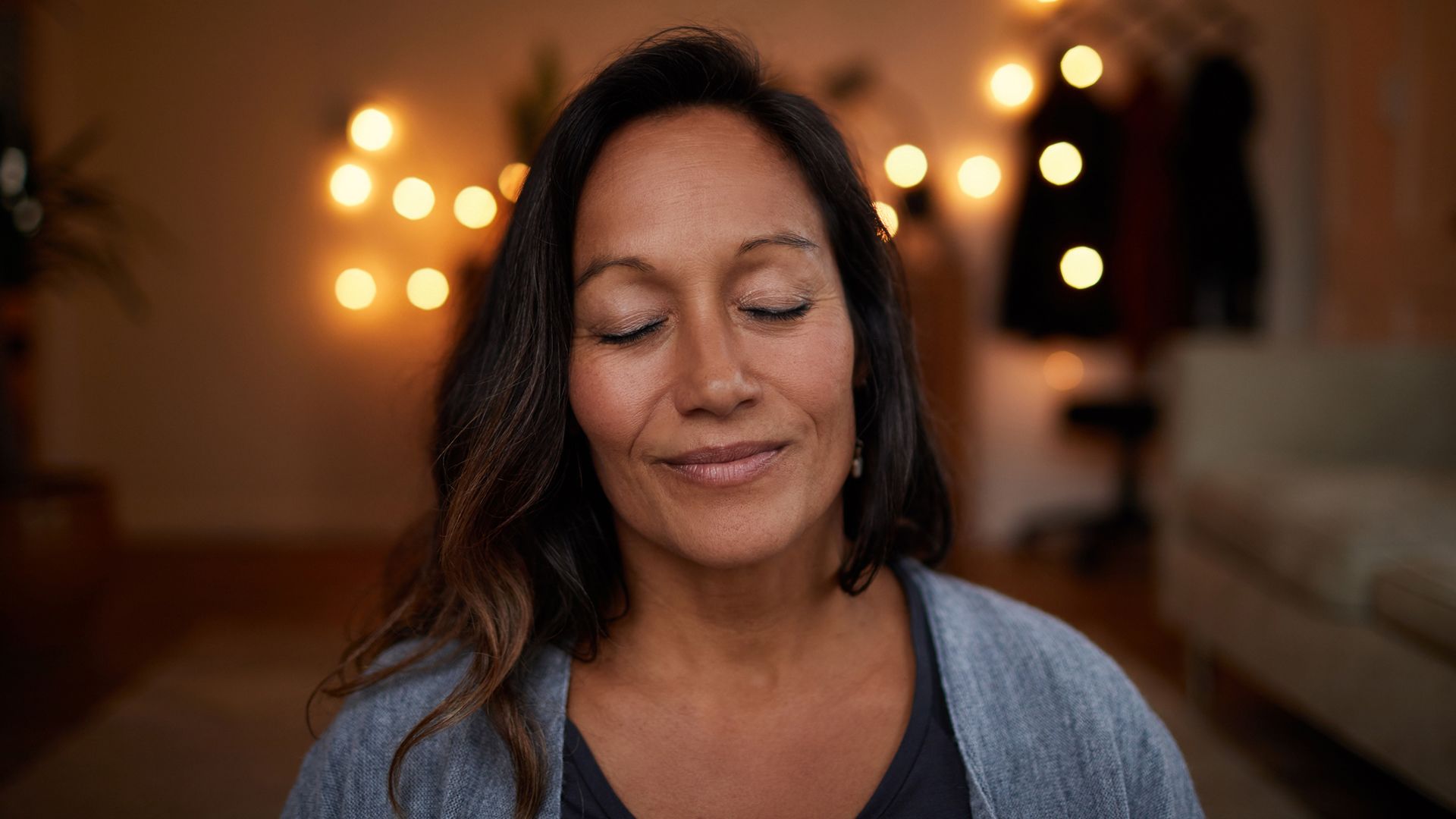Updated on April 25, 2023
It’s normal to worry. Work problems, money difficulties, illnesses, relationship issues, and family troubles are among life’s common stressors. Dealing with even one of these situations can make someone feel anxious, and that’s not unusual. But when a friend or loved one becomes anxious regularly and it begins interfering with their life, it can place a burden on their relationships, career, and more.
Anxiety disorders affect more than 40 million American adults each year, according to the Anxiety and Depression Association of America, making anxiety the most common mental health issue in the country. And though it is treatable, fewer than half of people with anxiety seek professional treatment.
Anxiety is part of being human, says James Robert Phillips, a licensed mental health counselor (LMHC) in Florida. Crowds, public speaking, healthcare appointments, and meeting new people are among the most common triggers, he notes.
But there’s good news for the friends and family who wonder how to help someone with anxiety: You can be a calming presence in their lives. Here are tips from Phillips on how to soothe a loved one when anxiety creeps in.
Avoid telling an anxious person to calm down
However well-intentioned you may be, trying to reassure an anxious person with words like "things are okay, you’re fine, just try to breathe" often has little to no beneficial effect. On some level, a person experiencing anxiety is aware that their anxiety doesn’t stem from a rational reaction to the world. Trying to calm an anxious person may backfire by making them even more anxious.
Make a game of it
Say your friend or partner is anxious about meeting new people or being in a crowd. "Divert their attention by making up a game," suggests Phillips. "Count the number of people who are wearing hats, for example. Or tally the repetitive greetings people offer to others. I did that recently with an anxious pal and it turned out to be fun," he says.
Create a healthy environment—for both of you
"Living with someone who has a chronic untreated anxiety disorder stresses any relationship," says Phillips. Be mindful of your partner’s issues, but you shouldn’t necessarily rearrange your plans to avoid scenarios that may trigger your partner’s anxiety. Instead, give them the support they need to work through their symptoms when they appear, even in difficult situations.
Understand panic attacks
Panic attacks are sudden episodes of intense fear can involve symptoms such as shaking, trembling, shortness of breath, sweating, and even heart palpitations. They are often frightening for the person experiencing one, but also stressful to witness.
When someone panics, you should stay calm. Touch the person gently and say calmly, "I’m here for you while you get through this." Try taking deep, exaggerated breaths yourself to help bring a person back from a panic attack, suggests Phillips. Then, have them feel the pulse on your wrist while you’re breathing deeply. Finally, ask them to talk you through their daily activities, he says. These actions can help de-escalate the symptoms of a panic attack.
Discuss anxious feelings
Anxiety carries a stigma that prevents people from getting the help they need, says Phillips. Encourage them to talk about their anxiety and share your own worries to help reduce any embarrassment they may feel. "There’s no shame in needing help for something that’s completely out of your control,” Phillips adds. “Anxiety isn’t a character flaw."
Encourage them to seek treatment
"When someone’s daily life is affected by anxiety, that’s a sign they need treatment," says Phillips. For example, someone with Generalized Anxiety Disorder (GAD) might experience sleep problems, problems concentrating, nervousness, irritability, and aches and pains. Seeing a healthcare professional could help.
Urge them to be open to different strategies
There is no "best" approach to anxiety treatment, says Phillips. Often, therapists will use a combination of treatments. "There’s clinical research showing that cognitive behavioral therapy and medication management are among the effective treatment strategies for anxiety," he adds.
Though anxiety may never entirely disappear, with treatment and support, people can learn to manage it and live a calm, healthy life.






